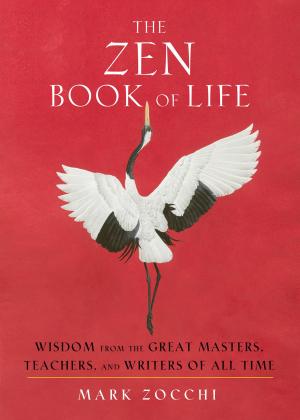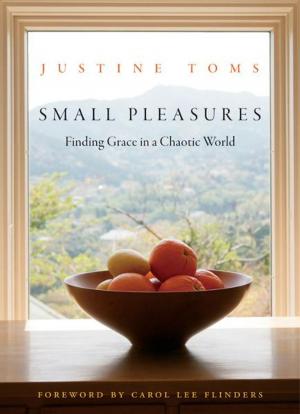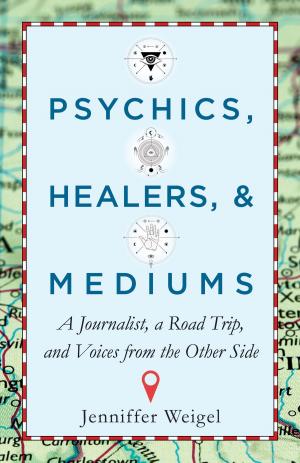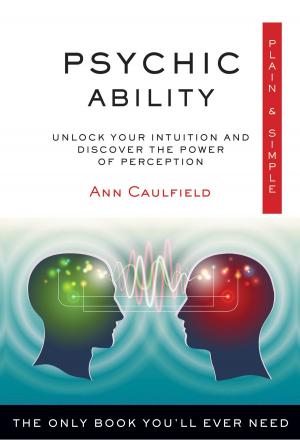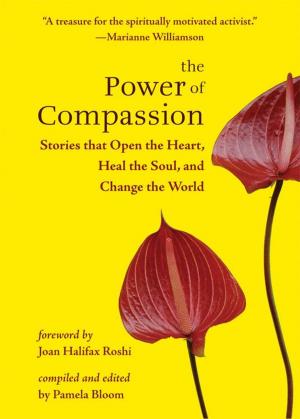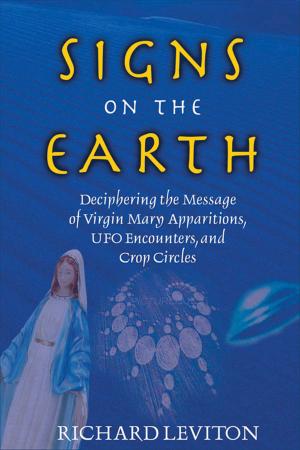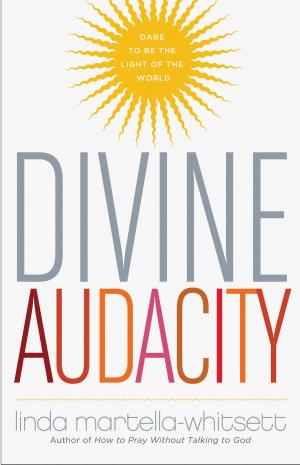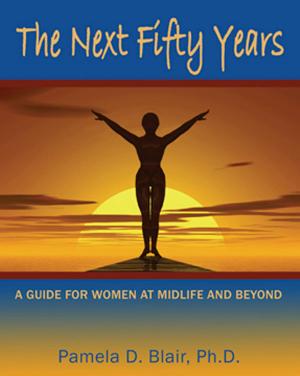Beyond Vengeance, Beyond Duality: A Call for a Compassionate Revolution
Nonfiction, Social & Cultural Studies, Social Science, Crimes & Criminals, Criminology, Sociology| Author: | Sylvia Clute | ISBN: | 9781612830537 |
| Publisher: | Hampton Roads Publishing | Publication: | May 1, 2010 |
| Imprint: | Hampton Roads Publishing | Language: | English |
| Author: | Sylvia Clute |
| ISBN: | 9781612830537 |
| Publisher: | Hampton Roads Publishing |
| Publication: | May 1, 2010 |
| Imprint: | Hampton Roads Publishing |
| Language: | English |
We are in trouble. Our social, financial, and religious institutions are crumbling. Our criminal justice system is a prime example of societys dysfunction.More than 1 in 100 Americans are now in jail.Taxes now finance the incarceration of 1 in 53 of adults in their 20s.There are now 2.3 million people locked up in the U.S. (the same number of prisoners in Russia and China combined).The U.S. accounts for 5 percent of the worlds population--and 25 percent of the worlds prisoners.What courtroom veteran and law professor Sylvia Clute saw on a daily basis was all too often the miscarriage of justice. Because of her legal background, Clute focuses on legal horror stories to demonstrate her underlying thesis: The crisis in our legal system is merely symptomatic of a rot found in each of our institutions. It is rooted in a philosophy of dualism that pits us against one another. It is rooted in a philosophy that fails to recognize the oneness or unity of all life. Clute unfolds her argument for applying the philosophy of non-duality to not only our criminal justice system, but to all social relationships. She explores the roots of dualist thinking in the religious traditions of the world and offers the hope that if individuals--and societies--can move beyond dualistic thinking, we will create a society that is truly just and authentically caring. Part social policy, part metaphysics, this is a book for all who are looking for a new model for individual and societal relationships.
We are in trouble. Our social, financial, and religious institutions are crumbling. Our criminal justice system is a prime example of societys dysfunction.More than 1 in 100 Americans are now in jail.Taxes now finance the incarceration of 1 in 53 of adults in their 20s.There are now 2.3 million people locked up in the U.S. (the same number of prisoners in Russia and China combined).The U.S. accounts for 5 percent of the worlds population--and 25 percent of the worlds prisoners.What courtroom veteran and law professor Sylvia Clute saw on a daily basis was all too often the miscarriage of justice. Because of her legal background, Clute focuses on legal horror stories to demonstrate her underlying thesis: The crisis in our legal system is merely symptomatic of a rot found in each of our institutions. It is rooted in a philosophy of dualism that pits us against one another. It is rooted in a philosophy that fails to recognize the oneness or unity of all life. Clute unfolds her argument for applying the philosophy of non-duality to not only our criminal justice system, but to all social relationships. She explores the roots of dualist thinking in the religious traditions of the world and offers the hope that if individuals--and societies--can move beyond dualistic thinking, we will create a society that is truly just and authentically caring. Part social policy, part metaphysics, this is a book for all who are looking for a new model for individual and societal relationships.


